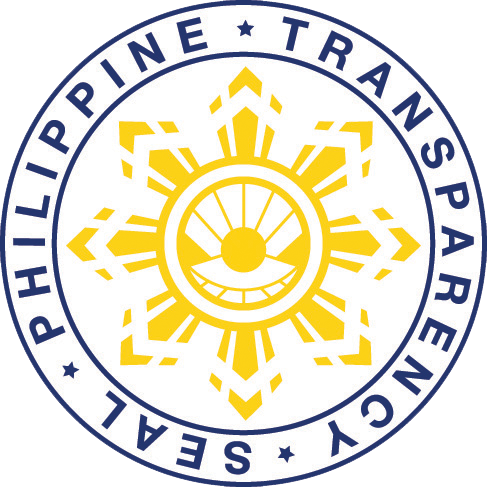It is with the greatest pleasure that I join you today. It is not every day that you find an awesome group of lawyers gathered together in one room. This is a virtual who’s-who in the legal profession in Quezon City. And I can only imagine what things are in store for the QC Trial Lawyers Association under the leadership of its new set of officers.
As you know, we have become a nation of lawyers. The legal profession in our country has never lost its flavor as the cynosure of public attention, positive or negative. In fact it seems to be the perennial favorite. Only last month, close to 1,000 successful bar examinees joined the profession. And the amount of media attention the event got was probably greater than anything about all the other professions combined.
But as a lawyer myself, I envision our country’s future not necessarily as a nation of lawyers, but one in which the average citizens will have such a sharp sense of the law that even though they cannot quote the letter of the law they would be so filled with its spirit that they would act as though they knew both the spirit and letter of the law.They will not need an elaborate explanation in doing what they are legally allowed to do, and in avoiding what they are not allowed to do. Either something is permitted, in which case they tell the other fellow, “All right,go ahead, you can do it.” Or it is not permitted, in which case they tell the other fellow, “It’s not done,” and they will not suffer anyone, whatever their rank or status, to do it to them.
During its poorer days, before China shot up before our eyes as the world’s fastest rising economic power, it was part of everyday life in a city like Beijing to find a team of university students teaching ordinary citizens things about the law on busy street corners. That may not have succeeded in giving a legal education to over a billion Chinese, but it must have played a role in China’s rise to what it is today.
In my various capacities as Presidential Adviser on Overseas Filipino Workers’ affairs, chairman of the Housing and Urban Development Coordinating Council, chairman of the Presidential Task Force Against Illegal Recruitment, and chairman emeritus of the Inter-Agency Council Against Trafficking, I have come to see that most of those who fell victim to scammers and syndicates do not know or understand their rights and the laws that could protect them. It is imperative then for us, men and women of the law, to help educate our fellow Filipinos so that they may be able to defend themselves against those who seek to take advantage of their ignorance.
The law and the need for it is built into our nature and is constant in human society. But the intensity with which we experience that need varies from time to time according to what motivates it.
This is one such time when overnight citizens seem to find themselves having to navigate legal channels where fine distinctions must be made, which they are not competent to make. More and more,we need lawyers who will be ready to stand as passionate advocates not only for and on behalf of interested parties, but above all for the disinterested and independent truth in the service of the common good, in the face of conflicting partisan interests. Friends of truth, rather than mere friends of Court.
Society needs to find one of its greatest strength in the law. This happens as a natural course when there is a functioning legal system which regulates the conduct of men and women and provides the framework for social cooperation, and everyone, high or low, bond or free, offender or victim, can expect to benefit from it---from the rule of law, or what John Rawls calls “justice as regularity.”
Such a system becomes a sure instrument of social progress when it allows us to nourish legitimate expectations, and to object when those expectations are not met. We must make sure a system take root more firmly in our society.
In closing, I leave you with words from U.S. President John Calvin Coolidge: “When each citizen submits himself to the authority of law he does not thereby decrease his independence or freedom, but rather increases it. By recognizing that he is a part of a larger body which is banded together for a common purpose, he becomes more than an individual, he rises to a new dignity of citizenship. Instead of finding himself restricted and confined by rendering obedience to public law, he finds himself protected and defended and in the exercise of increased and increasing rights.”
As lawyers, we must help create a culture in which every man and woman would have an understanding of the meaning of the law. Many are called to serve but few are chosen. And you, the new set of officers, have been chosen to serve.
For sure, there will be some stormy seas ahead as you embark on a new journey. But as your Vice President and compañero, I am with you in this quest, no matter how difficult the work will be. Let us toil together and collectively create a better present and a better future for all.
Mabuhay ang Quezon City Trial Lawyers Association!
Mabuhay tayong lahat!


